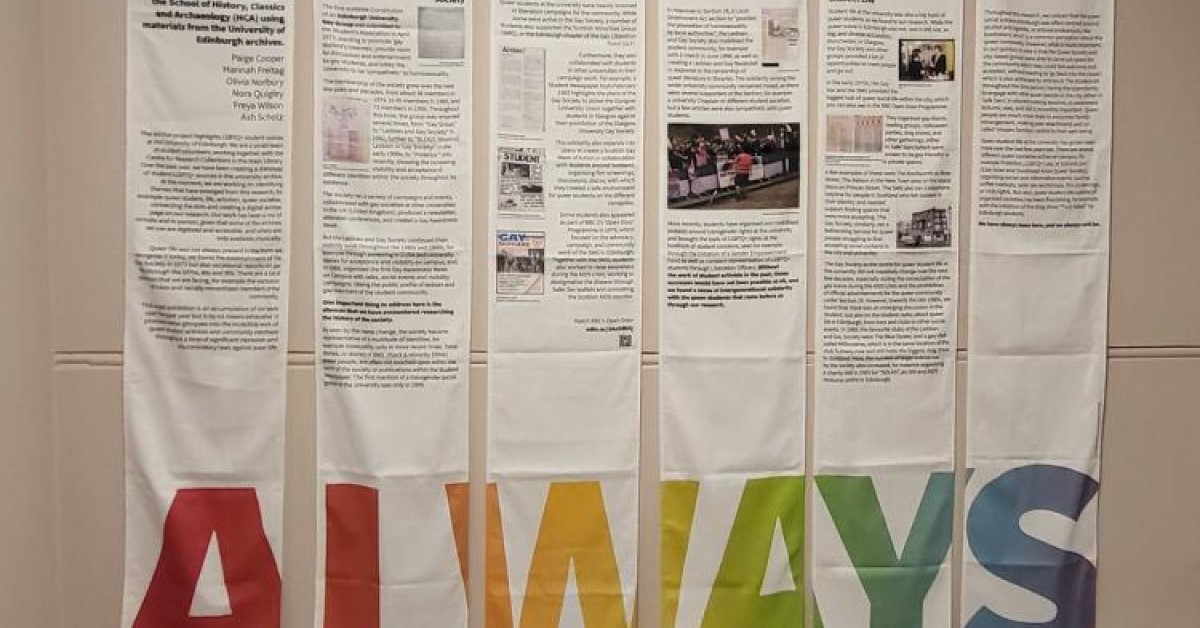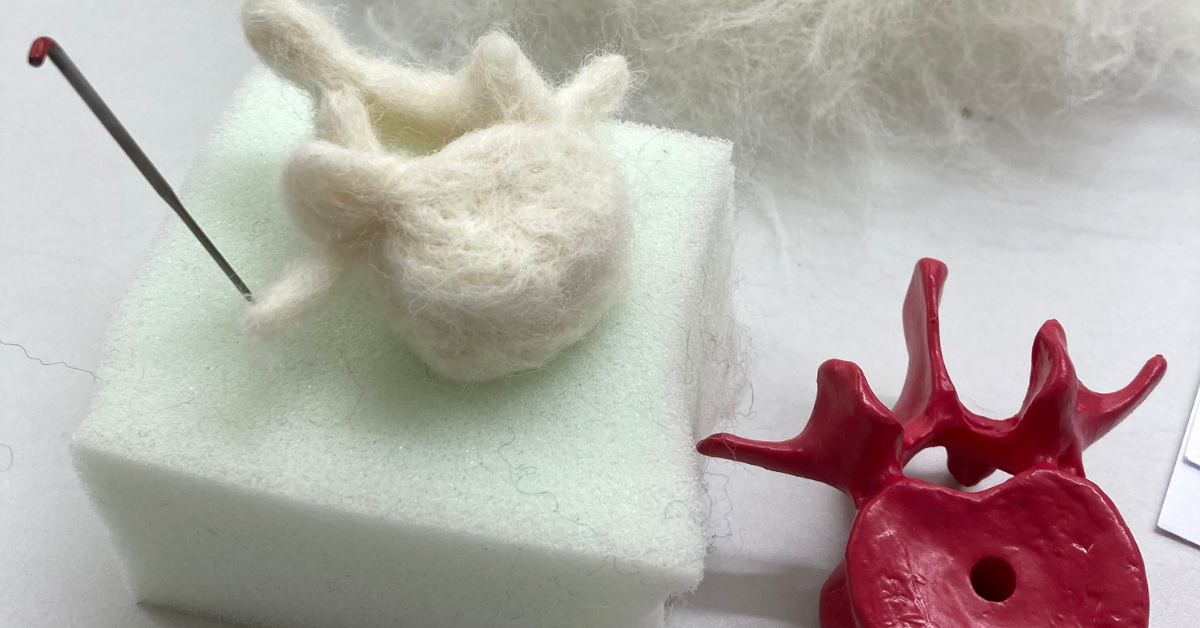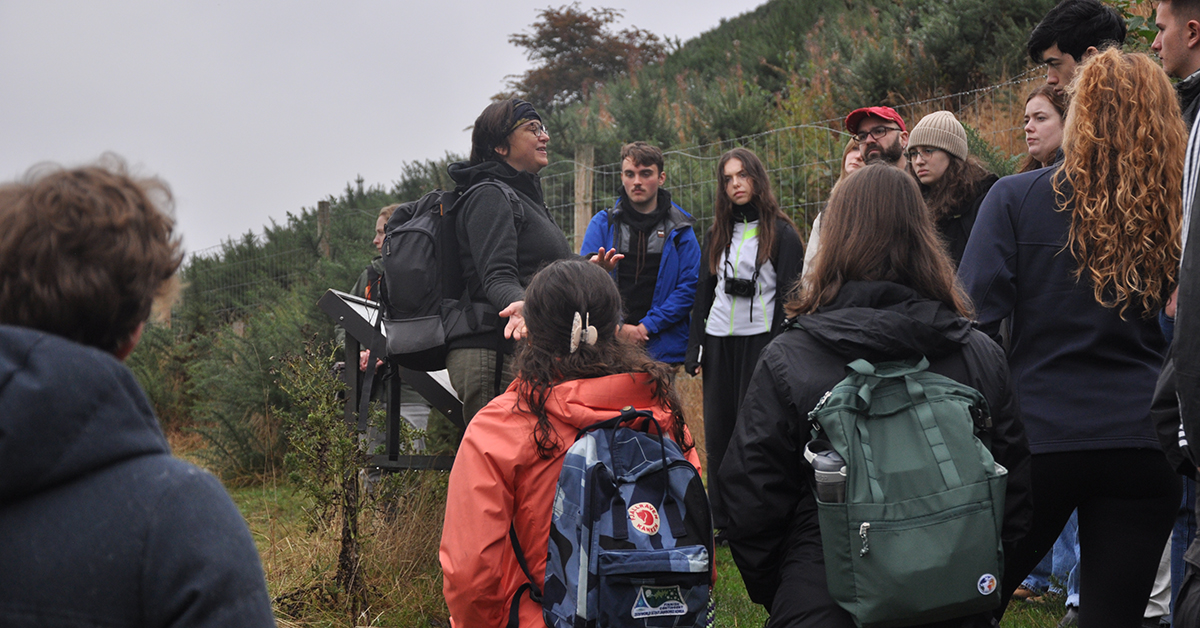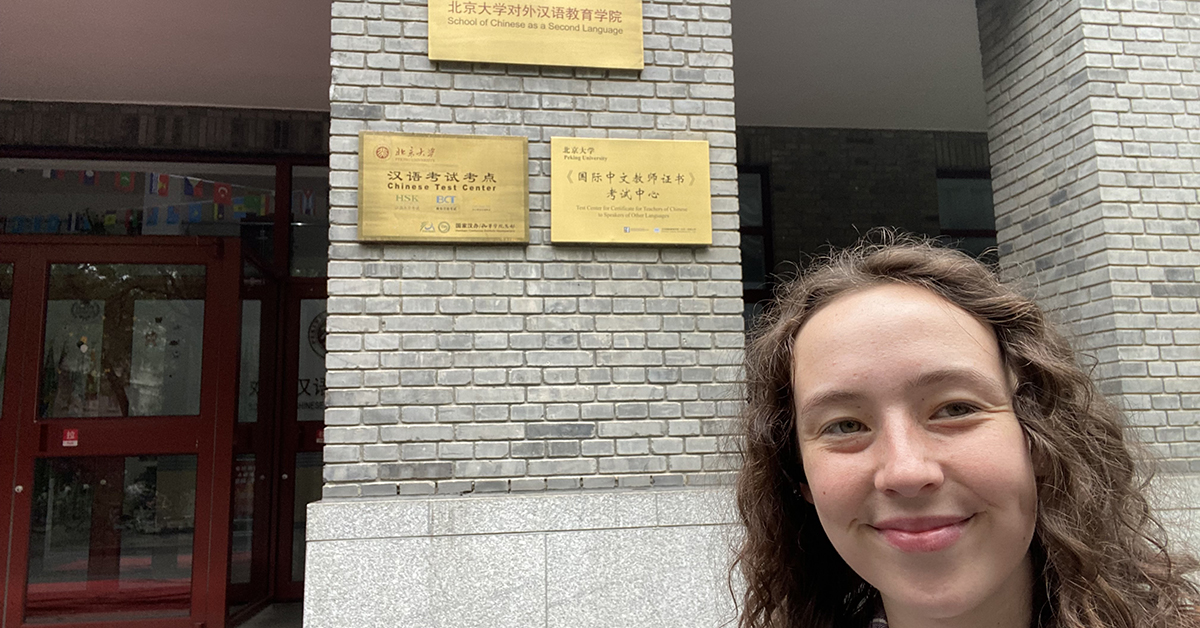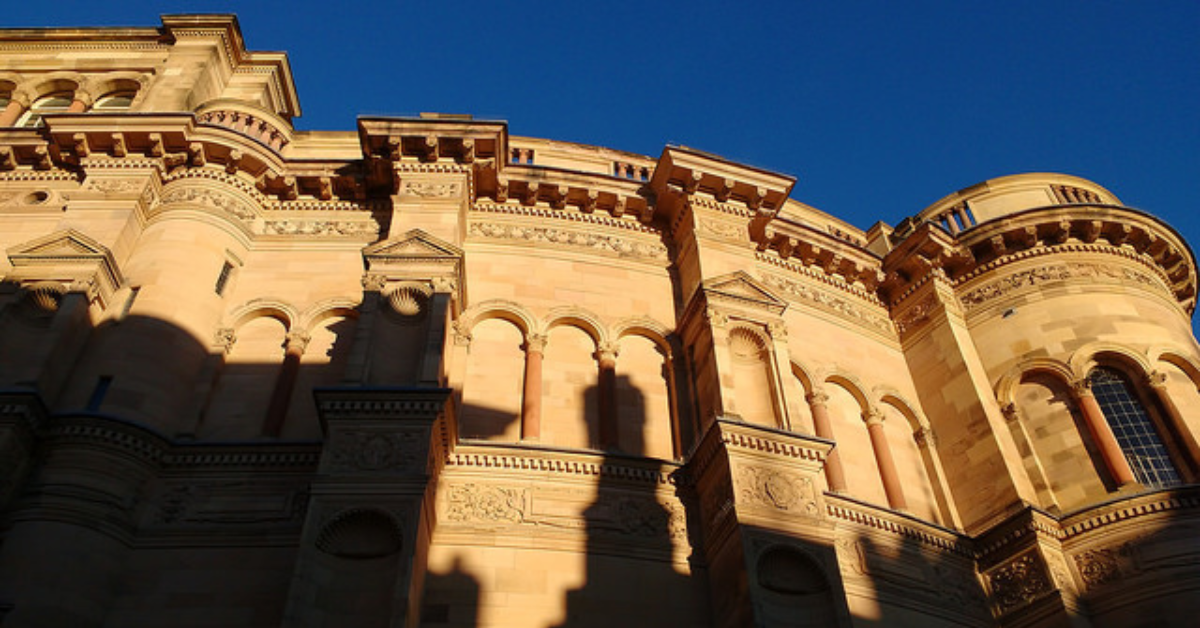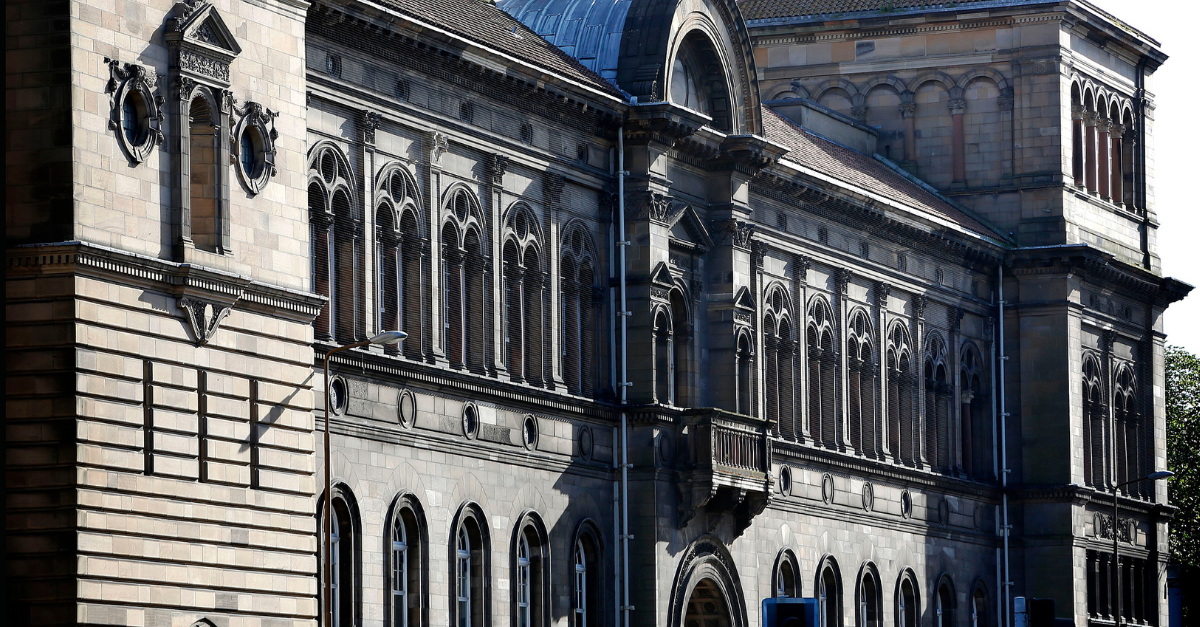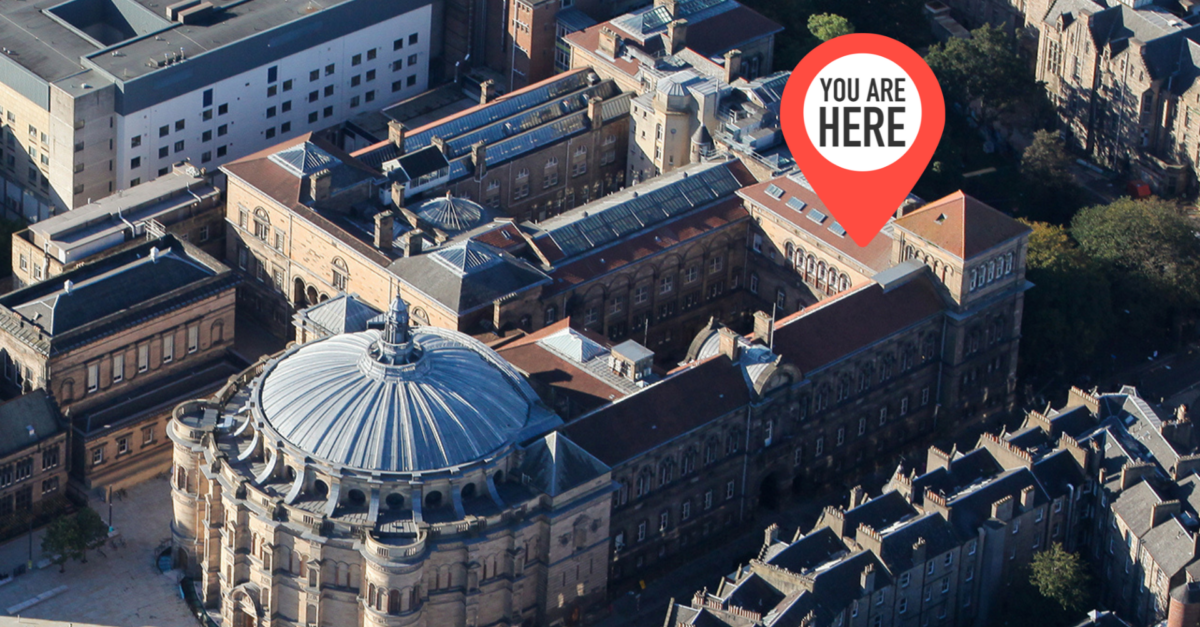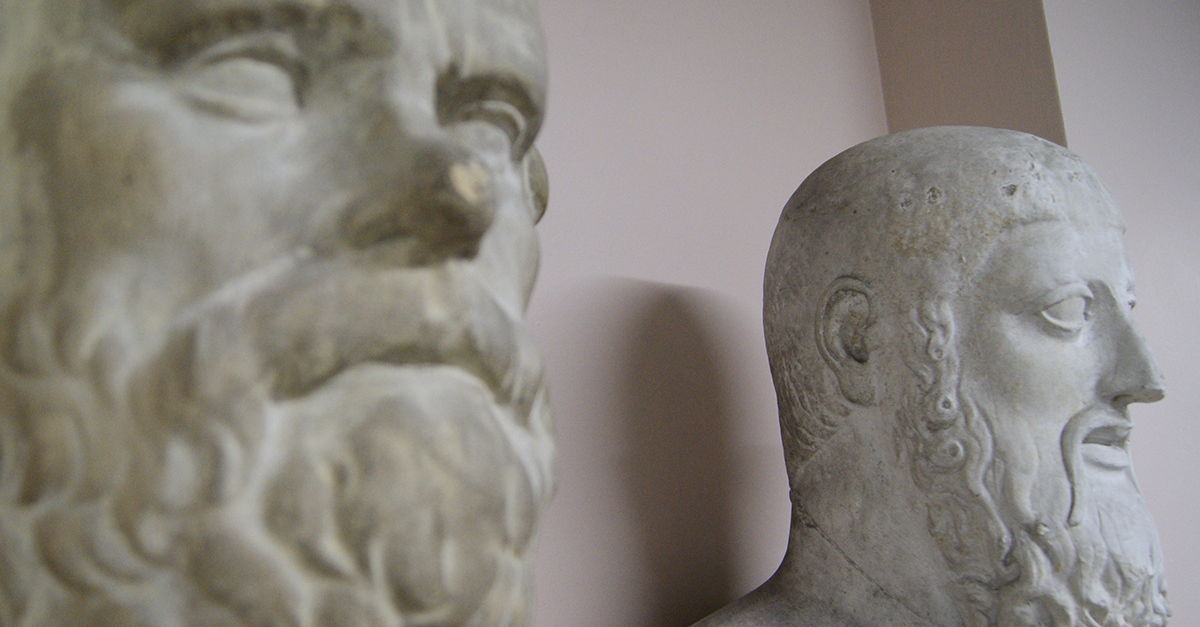Tag: 2024
What does it mean to be queer in Edinburgh? Ash is a fourth year History and Politics student, and student ambassador. Ever since arriving at the university as a queer person, I have felt that there such a wide array of queer events, LGBTQ+ societies and groups in the city, but the amazing queer […]
Students on our MSc in Human Osteoarchaeology spend a lot of time looking at bones, funnily enough. But recently, they got the chance to make them… in felt. Why? We’re glad you asked! Felting is an ancient technique which, traditionally, created a textile by matting together wool using only heat, moisture and agitation. Examples of […]
Dr Henry (Indiana) Jones Jr once said, “If you wanna be a good archaeologist you gotta get out of the library!”, which is exactly what some of our first year archaeology students did recently. The School of History, Classics and Archaeology is lucky enough to have a wealth of archaeological sites on its doorstep. A […]
Joint honours student Aalish is spending her year abroad at Peking University. She studies Chinese and History with the School of Literatures, Languages & Cultures. The opportunity to combine both of my interests in History and Languages was something I knew I wanted to pursue at university and Edinburgh offered me not only that, but […]
In this blog post, Tessa Warinner, wellbeing adviser at the School of History, Classics, and Archaeology, discusses ‘Burnout’ – a rising concern in academia. Tessa discusses what it feels like, its prevalence, impact, and signposts helpful resources for managing it. This post belongs to the Hot Topic theme: Critical insights into contemporary issues in Higher Education. I’m […]
…by Sophia / from the UK / studying History and Economics (MA) One of the most challenging dilemmas many prospective university students face is deciding which subject to study. When I began my university application journey I faced this dilemma. I had studied varied subjects during 6th form had two distinct subjects that fascinated me […]
…by Kit / from Belgium / studying History (MA) / 3rd yearAll Posts Being at university, there’s always a time when we struggle to get work done. As a disabled student, this can be doubly true. Whether that’s due to ADHD goblin brain or bad health days, the tips and tricks below can help you […]
Tanvi shares her experience of being an international student, and the supportive community of School of History, Classics and Archaeology. Student life in Edinburgh is colourful and multifaceted, and this is something that the University has continued to provide throughout my time as a student here. My experience at the School of History, Classics and Archaeology […]
Lockdown taught us that you don’t really need to be somewhere physically to get the work done, right? History student Olivia might disagree. When I started university, I didn’t really spend much time in the William Robertson Wing – the home of the School of History, Classics and Archaeology, or HCA as it’s usually known. […]
Twice the fun or double the trouble? Student Ambassador Aalish is studying a joint honours degree. I made the choice to study Chinese and History simply because I love learning a language and history has always had a soft spot in my heart. Studying a language alongside history presents its own unique challenges, not only […]


